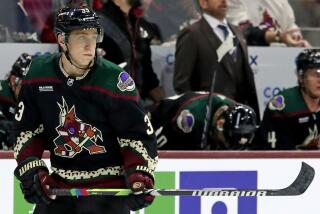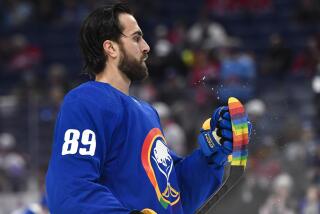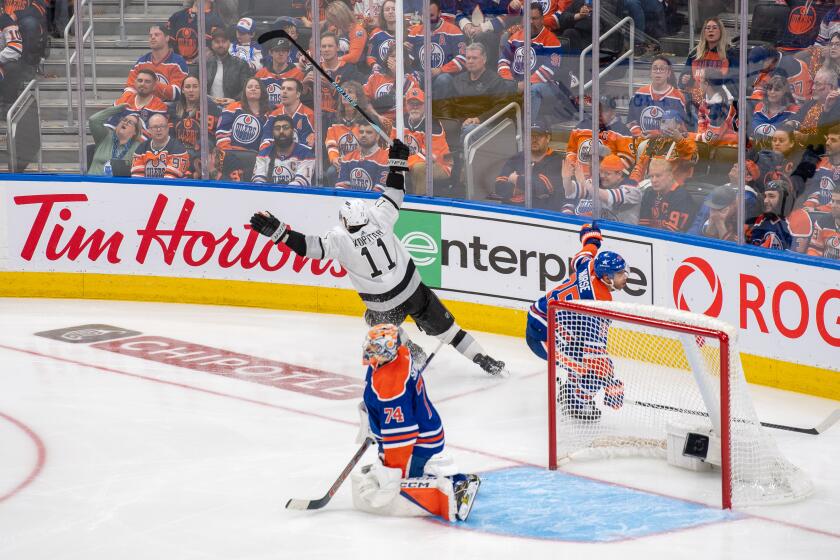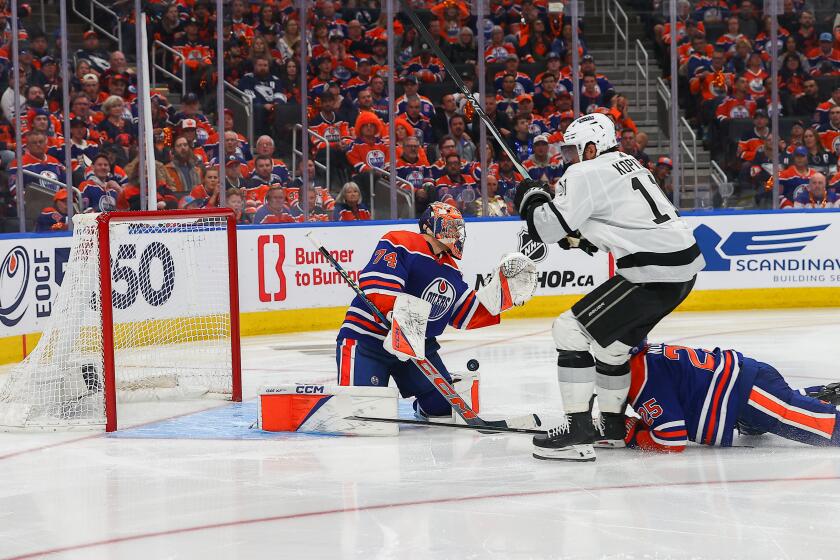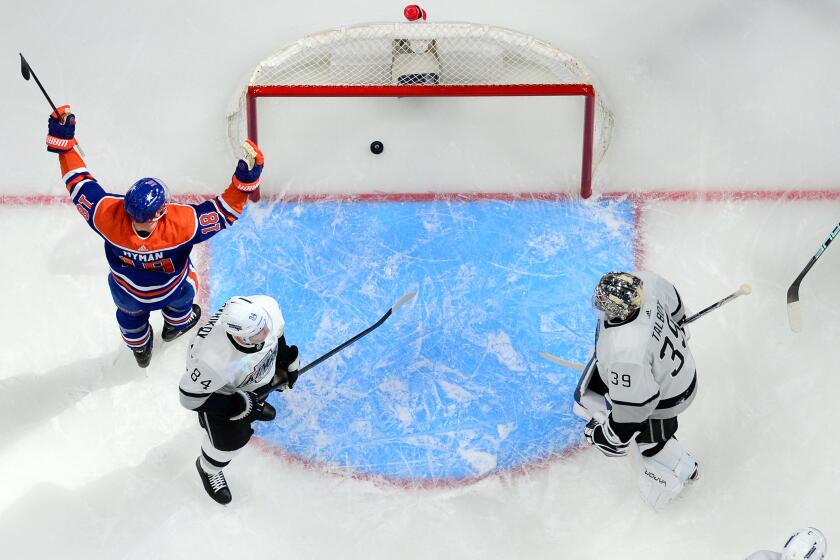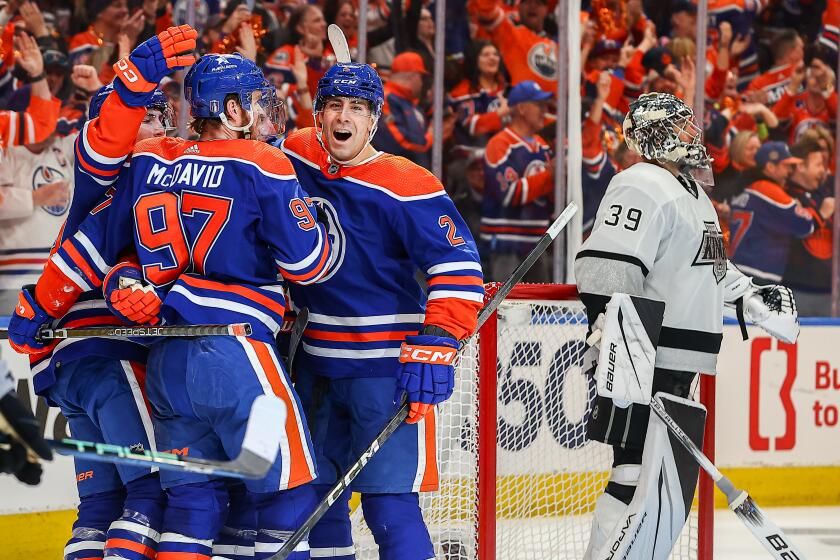A look at drug policies in NHL, other major sports
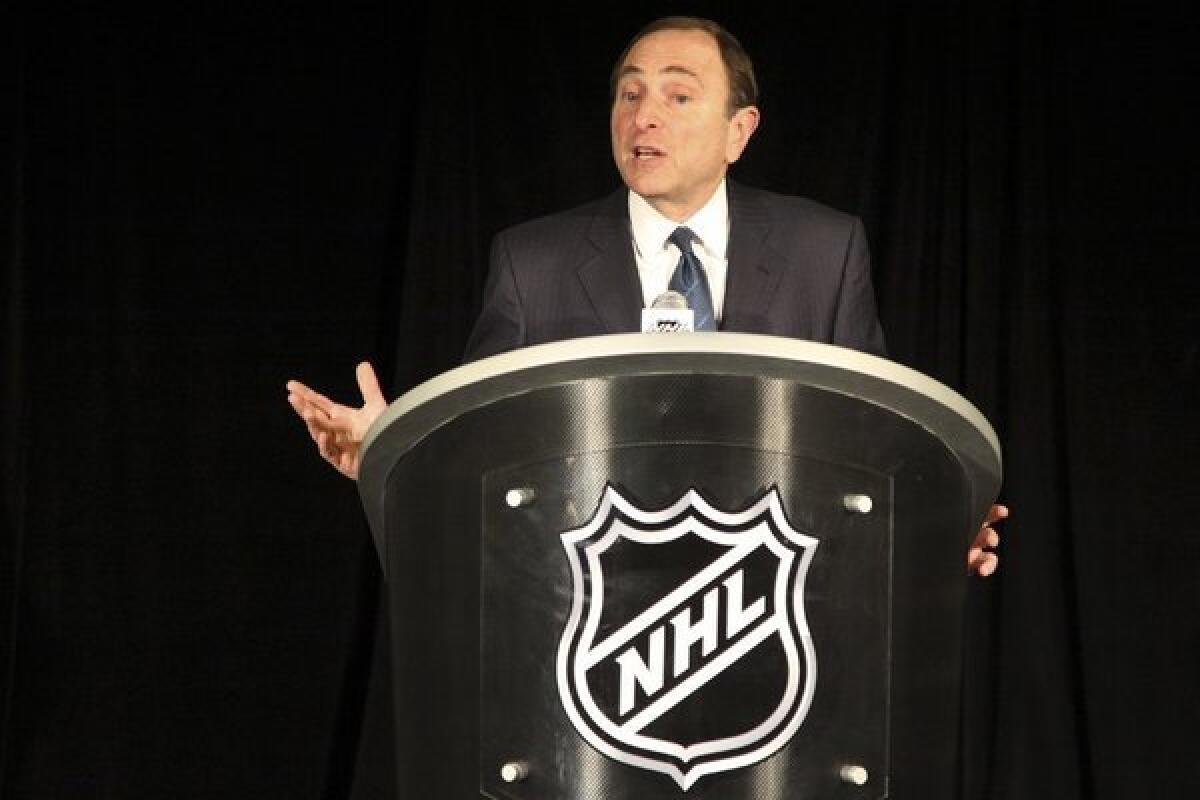
NHL drug policy
Highlights of the NHL’s Performance Enhancing Substances Program, which was jointly negotiated with the NHL Players’ Assn. and is administered by a joint Program Committee:
•The NHL and NHLPA maintain a list of prohibited substances. Changes to the list can be made only as negotiated by the NHL and the NHLPA. There is no retesting of samples based on substances added to the prohibited substances list after the time of the original testing.
•Any form of substance abuse for drugs of abuse and behavioral and domestic issues requiring employee assistance will be monitored through the NHL/NHLPA for Substance Abuse and Behavioral Health.
•Players receive education on prohibited substances and the nature of the program each league year. No testing takes place and no discipline can be imposed under the program until the Program Committee has provided players with an orientation session regarding the program.
•Every player who has participated in an orientation session is subject to testing as follows: each club will be subject to team-wide no-notice testing once during training camp; each club will be selected at random for team-wide no-notice testing once during the regular season; individual players will be randomly selected for no-notice testing during the regular season and playoffs; tests are not conducted on game days.
•During the off-season, each player who has participated in an orientation session will be subject to testing as follows: a league-wide maximum of 60 tests may be conducted during each off-season; individual players will be randomly selected for no-notice testing.
DISCIPLINARY PENALTIES
•For the first positive test, a suspension of 20 NHL games without pay and mandatory referral to the SABH program for evaluation and possible treatment.
•For the second positive test, a suspension of 60 NHL games without pay and mandatory referral to the SABH program for evaluation and possible treatment.
•For the third positive test, a “permanent” suspension, although a player so suspended can reapply for discretionary reinstatement after a minimum period of two years by making an application to the Program Committee.
Source: NHL-NHLPA Collective Bargaining Agreement
Testing in other sports
NFL: The NFL is allowed to perform random drug tests year-round. Every player in the NFL gets drug-tested at least once a year though urine sampling. They can also be tested by blood to test for HGH.
NBA: The program subjects each player to six random, unannounced drug tests during each season and off-season. It also includes testing based on reasonable cause at any time. Urine testing is conducted for more than 160 substances by state-of-the-art laboratories certified by the World Anti-Doping Agency, and a standing committee of independent experts appointed by the NBA and NBPA is empowered to ban additional substances as necessary.
MLB: Players submit to urine and blood tests in spring training and at least once during the season, with 3,200 additional random urine tests and 260 additional random blood tests conducted during the season and 350 random urine tests and 140 random blood tests conducted during the off-season. The blood tests are used solely to detect HGH. The net result is that most players are tested several times a year.
OLYMPICS: Athletics can be randomly tested 24 hours a day, 365 days a year, no exceptions. Both blood and urine are tested. Athletes can be tested before the Games once they become candidates. During the Olympics, the first five finishers of each medal event are immediately tested following the completion of the event. The World Anti-Doping Agency oversees testing for the athletes.
More to Read
Go beyond the scoreboard
Get the latest on L.A.'s teams in the daily Sports Report newsletter.
You may occasionally receive promotional content from the Los Angeles Times.

